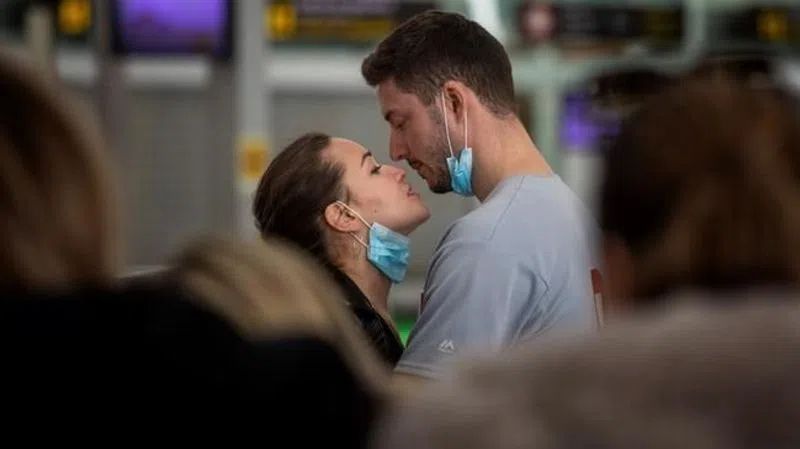
Spain to declare state of emergency over virus outbreak
MADRID — Spanish Prime Minister Pedro Sánchez says the government will declare a two-week state of emergency in a bid to contain the new coronavirus outbreak.
Sánchez said Friday that Spain will “mobilize all resources,” including the military, to contain the sharp rise in cases.
The special measure allows the central government to limit free movement, legally confiscate goods and take over control of industries and private facilities, including private hospitals. Authorities can also order special measures to ensure food supply and the country’s industrial output. Newspaper El País said that elections scheduled for early April in two northern regions could be delayed as a result.
Sánchez said that it can’t be ruled out that the country will see more than 10,000 cases next week. Health authorities have so far confirmed more than 4,200 cases in the country, with nearly half of those in Madrid. That is an increase of a third compared with one day earlier. A total of 120 people have died, and 189 have been declared as recovered, the Health Ministry said.


